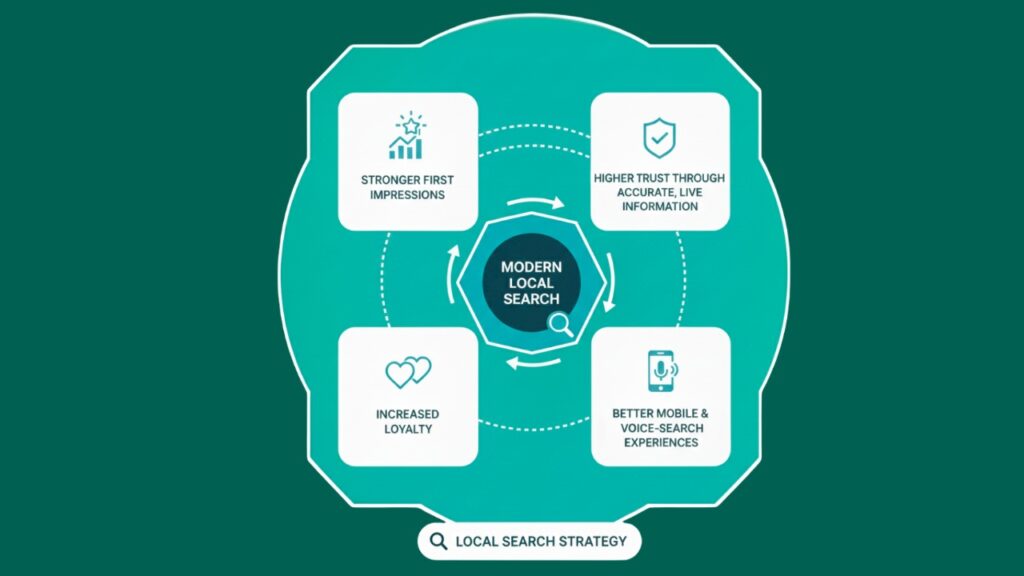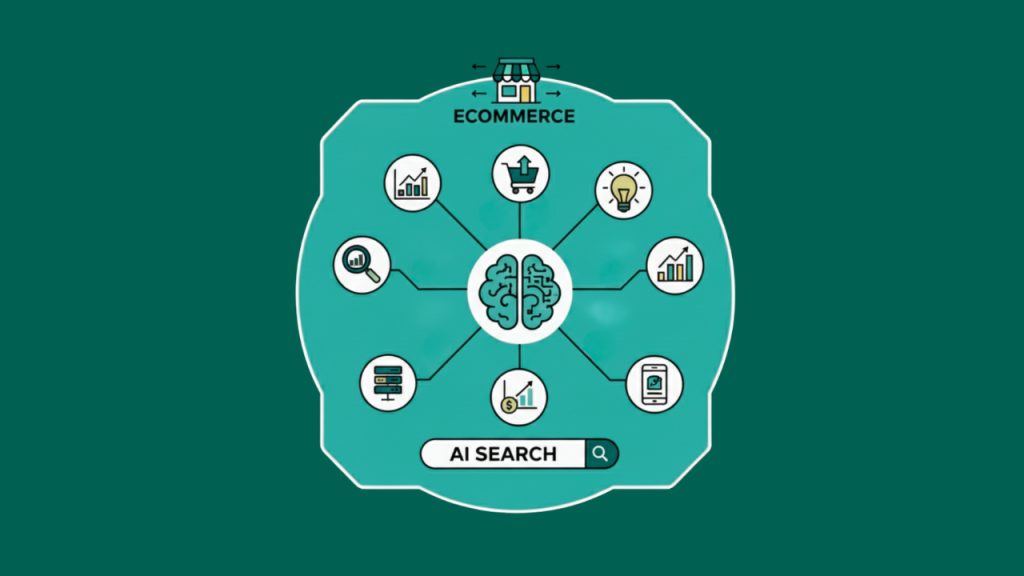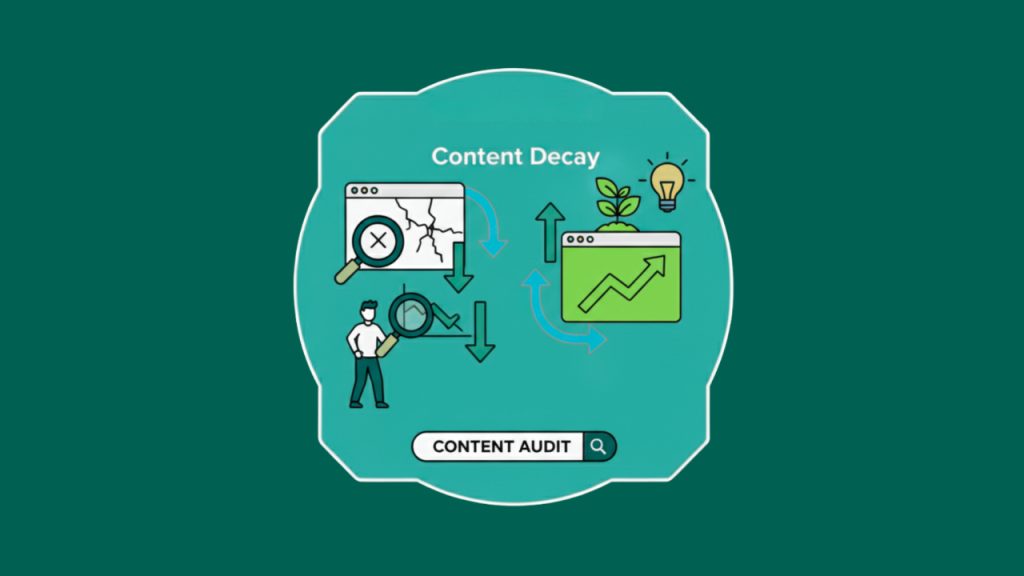Every search starts with a question. People trust Google to provide them with the best answers, which is why they utilise it. But how does Google choose which page to show first? The answer is content. Even the best SEO approach won’t work if the content isn’t good. Google wants to link people who are looking for information with pages that are useful, clear, and trustworthy. That’s why quality content for SEO is the most important thing for being seen online.
Ofcom’s data reveals that more than 91% of adults in the UK use search engines every day to look for information, goods, and services. This makes content even more crucial. Companies that make relevant, organised, and people-centred content have the best chance of standing out.
Table of Contents
Content as the Foundation of SEO
Search engines don’t “see” webpages the same way that people do. They need text to figure out what a page is about. Design, images, and navigation are all important for the user experience, but the written content is what makes search engines find your site.
Keywords are like signals. They assist Google in figuring out what a user wants to do on your page. However, adding too many keywords to a page is no longer effective. Content must use natural language, context, and structure instead.
Think of SEO as a way to organise a library. Books would never be found if they didn’t have titles, labels, and summaries. Content is what gives your site those labels. It tells search engines that this page is about digital marketing. This page fixes a problem with accounting software.
The role of content in search engine optimisation is not optional. It is the first step.
Quality Over Quantity – What Google Looks For
In the early days of SEO, firms could achieve high rankings by creating a large number of pages. But this is no longer the case. Google now looks at the quality of information, not simply the amount.
This is where E-E-A-T comes in:
Experience: Does the writer have personal experience?
Expertise: Did someone who knows the subject write the content?
Authoritativeness: Do people in the same field trust the website?
Trustworthiness: Is the reader able to trust the information given?
Trust is lower when there is thin or duplicate content. Google will provide lower rankings to pages that are repeated or don’t have much value. Businesses could instead make content that addresses actual questions.
A report from the Government Digital Service shows how important it is to use plain English. Pages that use basic, unambiguous language do better and have lower bounce rates. That indicates that good content isn’t only about keywords. It’s also about how easy it is to use.
How Content Boosts Keyword Rankings
Content and keywords go together. It’s not only about single words anymore, though. Long-tail keywords, which are sentences with three or more words, are quite important. They are better at capturing intent.
For instance, “SEO agency” is a broad and competitive term.
“SEO agency for small businesses in Manchester” is a more precise term that is less competitive.
Blogs, manuals, and case studies are all ways for firms to target these long-tail questions. Adding pages to a website’s SEO content strategy helps it get more search terms.
When content matches what real users are looking for, rankings go up. This is one of the most obvious ways that content may help with SEO.
Content and User Engagement Signals
Google doesn’t only look at the page itself. It also looks at how people utilise it. Strong content makes engagement numbers better, such as:
- Dwell time – How long a user stays on the page.
- Bounce rate – Whether a user leaves quickly.
- Click-through rate (CTR) – How often users click on your link in search results.
A blog that answers a question and is well-written keeps people on the page. A case study that is interesting makes people want to learn more. Google sees these signals and knows that this page is useful.
When involvement goes up, rankings frequently go up too. That’s why quality content for SEO needs to think about how easy it is to read and how well it flows for users.
Content Variety for SEO
Blogs aren’t the only thing that SEO is about. Different kinds of content draw in different kinds of searchers:
- Landing pages should focus on conversions and specific keywords.
- Blogs help you gain trust and answer customers’ questions.
- Case studies show off your skills and the results you’ve gotten.
- FAQs—Answer specific questions in plain words.
- Guides and whitepapers help you look like an expert and get people to share your work.
Content variety creates a wider net. It gets people who are ready to buy, as well as those who are still looking into it. This combination makes a solid SEO content plan.
Content as a Backlink Magnet
Backlinks are still one of the most important things that Google looks at when ranking sites. But you can’t buy links; you have to earn them. Natural link building is encouraged by good content.
- A well-researched handbook that industry blogs use as a source is one example.
- An infographic that educational websites shared.
- A case study that reporters talked about.
When other sites link to your material, they give your page authority. This makes your domain stronger and helps it rank higher in search engines.
Publishing unique research or articles that show you are a thought leader makes your brand look like an expert. Posting as a guest on well-known sites can help you reach more people and generate links.
Future of Content in SEO
There is more and more stuff made by AI. Now, tools can write articles in just a few minutes. But quality is not the same as speed.
Google’s own rules make it clear that AI material is only permitted if it is valuable, correct, and new. Editing by people is still very important. AI text could become generic without unique insights.
Balance is the key to the future of SEO content. Automation might help with data and drafts. But people need to shape the final version to make it more trustworthy and authoritative.
This is why companies should use both AI and human ingenuity. The end result is content that is consistent, truthful, and trustworthy, and that adheres to SEO ranking guidelines.
Conclusion – Content as the Lifeline of SEO
SEO has no base without content. It helps search engines figure out what your site is about, how to rank it, and how to suggest it. People need it to trust, get involved, and change. That’s why quality content for SEO is the most important part of digital marketing.
Content is what makes everything about search visibility work, from E-E-A-T to engagement signals. Companies that publish clear, helpful, and reliable content will stay ahead. The message is clear: If you buy good things, your rankings will go up.
At Midland Marketing, we specialise in creating content that works for both search engines and people. Our team writes with clarity, purpose, and strategy. This helps businesses build trust online and reach higher rankings with lasting impact.
Let us craft the content that gets you found, trusted, and ranked.
Frequently Asked Questions (FAQs)
1. Why is content important for SEO?
Search engines use content to figure out what your site is about. Your pages won’t be able to rank without it. Users also remain longer when the content is good, which increases engagement signals.
2. What is meant by “quality content SEO”?
It involves making information that is new, informative, and easy to read. It should demonstrate competence, address customer inquiries, and be free from errors.
3. How does content affect SEO ranking factors?
Good content helps your keywords rank higher, keeps people on your site longer, lowers your bounce rate, and gets you more backlinks. These are all important elements for SEO rankings.
4. What role do long-tail keywords play in SEO content strategy?
Long-tail keywords are used to find specific things. They are easier to rank for and usually bring in people who are ready to make a choice.
5. Is AI-generated content good for SEO?
AI material can help, but it needs to be edited by people. Search engines want things that are new and correct. People check to make sure that the content follows these requirements.












